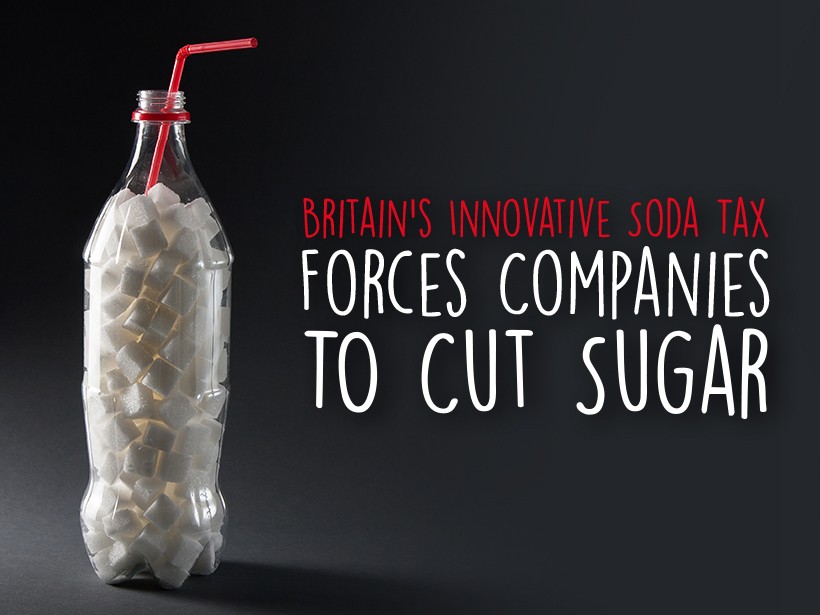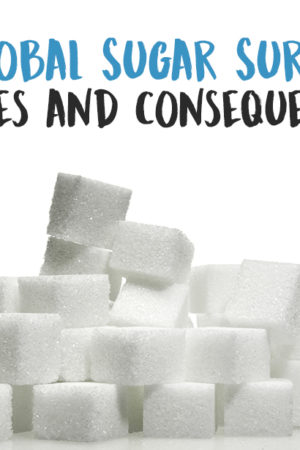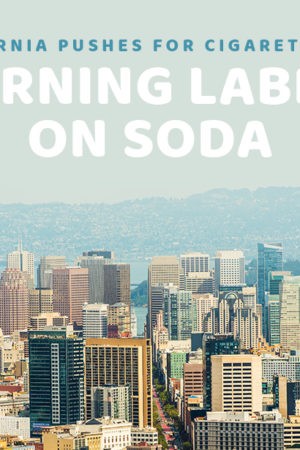Britain’s comprehensive and controversial new tax on sugary drinks took effect this month, scorned by the beverage industry and lauded by health experts as the most progressive tax of its kind. While certainly not the first effort by a European country to raise the cost of soda in order to combat obesity, Britain’s latest initiative stands out for its tiered design, according to which a product is taxed more or less based on the amount of sugar it contains. While only just having been implemented, the early success of the tax can be seen in the anticipatory response of companies over the last few months.
Big Soda Scrambling to Dump Sugar
The specific intent of the tiered system was to incentivize companies to lower the sugar content in their drinks. According to statistics released last month from the British Treasury, more than 50 percent of soda manufacturers have reformulated their products to contain less sugar in the months leading up to its implementation. While many of the most successful products, including Coke and Pepsi, remain unchanged, a number of popular sodas have been forced to cut down. This includes several products produced by Pepsico itself, including 7Up. The popular British soda company Irn-Bru, famous for its extremely sweet recipe, has cut sugar from eight and a half teaspoons per can to four.1
Even Coke, however, has been forced to bend under the new pressure, despite their insistence that “consumers should be able to choose a Coca-Cola Classic if that’s the drink they want.” The drink is the same, but the soda titan has started producing smaller bottles, which necessarily contain less sugar.2
Will Unsavory Prices Scare Away Consumers?
As for the other result of the tax—increased prices meant to deter consumption—Dr. Mike Raynor, a professor of population health at Oxford, says that the government has targeted the right industry. “The problem in general with taxing unhealthy foods is that people tend to switch to cheaper foods, which in fact are even unhealthier,” he says. “In this case however, there are no less healthy options to sugary soft drinks.”3
Time will tell whether the higher prices ward off consumers, while indeed the examples set by several U.S. cities and other countries with similar taxes are promising. The real lesson here, however, is that it is indeed possible for governments to get manufacturers to lower their sugar content. While many countries, including Britain itself, have languished in their efforts to persuade companies to make long-term promises to cut sugar, the new tax has already, because of its design, had sweeping results. Rather than spend more time bargaining with companies and with a public eager for change, lawmakers around the world should take note of this tremendous success.
NUTRITIONAL DISCLAIMER
The content on this website should not be taken as medical advice and you should ALWAYS consult with your doctor before starting any diet or exercise program. We provide nutritional data for our recipes as a courtesy to our readers. We use Total Keto Diet app software to calculate the nutrition and we remove fiber and sugar alcohols, like erythritol, from the total carbohydrate count to get to the net carb count, as they do not affect your blood glucose levels. You should independently calculate nutritional information on your own and not rely on our data. The website or content herein is not intended to cure, prevent, diagnose or treat any disease. This website shall not be liable for adverse reactions or any other outcome resulting from the use of recipes or recommendations on the Website or actions you take as a result. Any action you take is strictly at your own risk.
- California Pushes for Cigarette-Like Warning Labels on Soda - July 1, 2019
- Is a Slowdown in Australia's Sugar Consumption a Sign of More to Come? - June 24, 2019
- Groundbreaking Study Says the Sugar Rush Doesn't Exist - June 12, 2019































